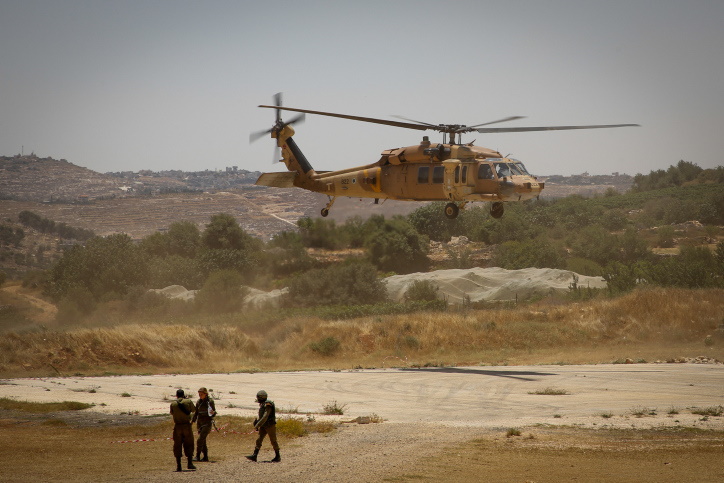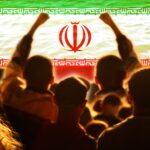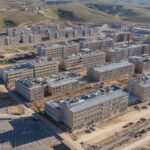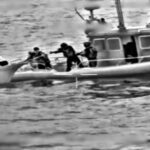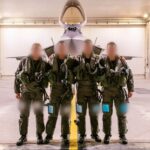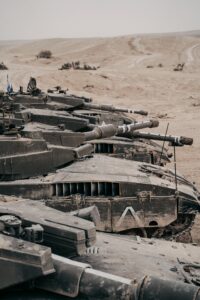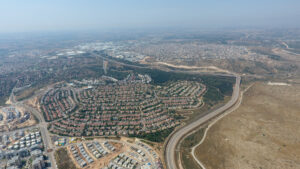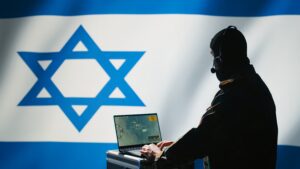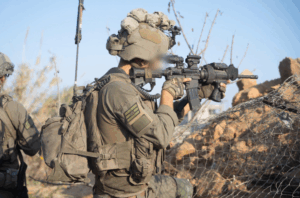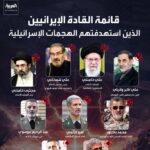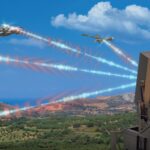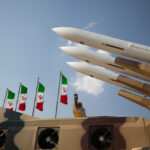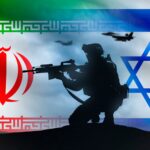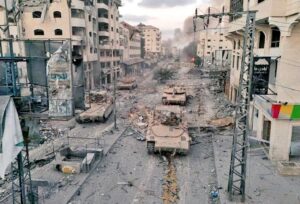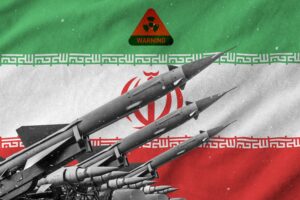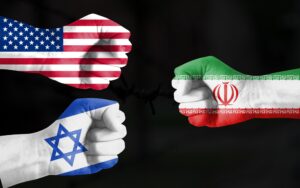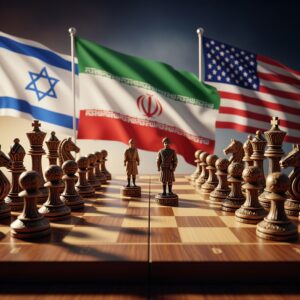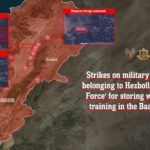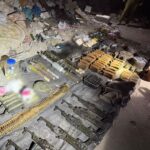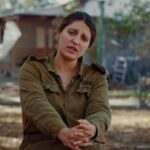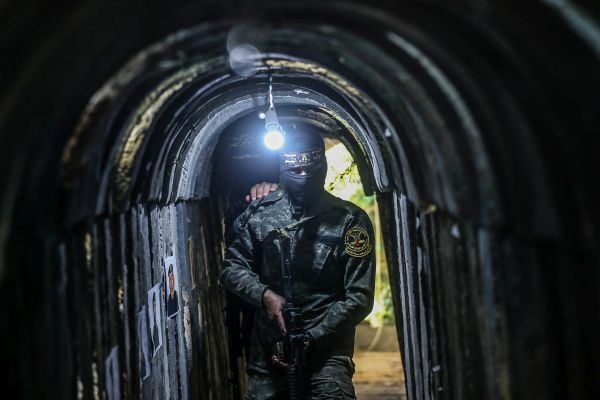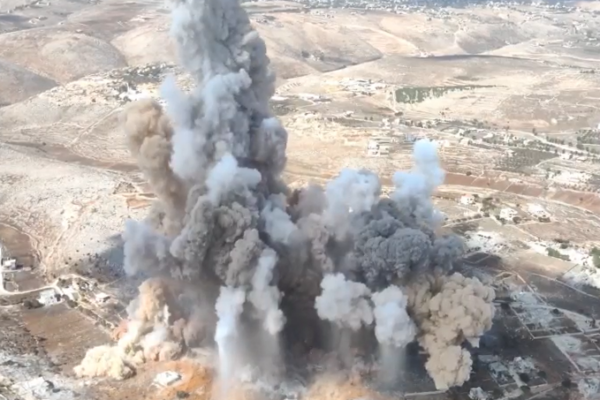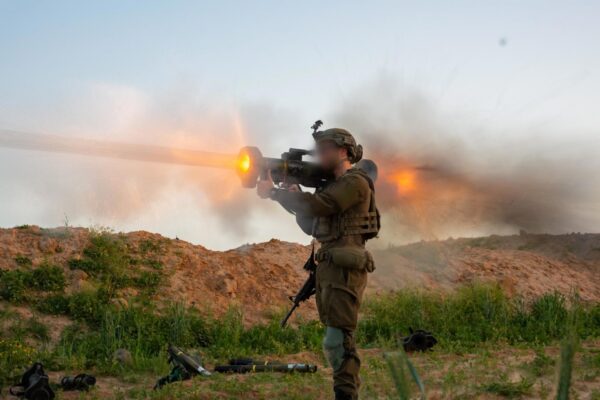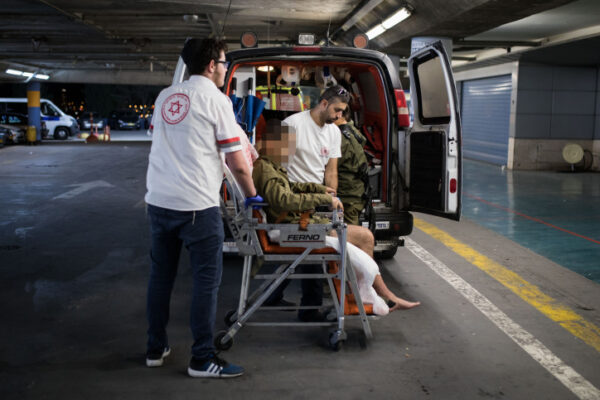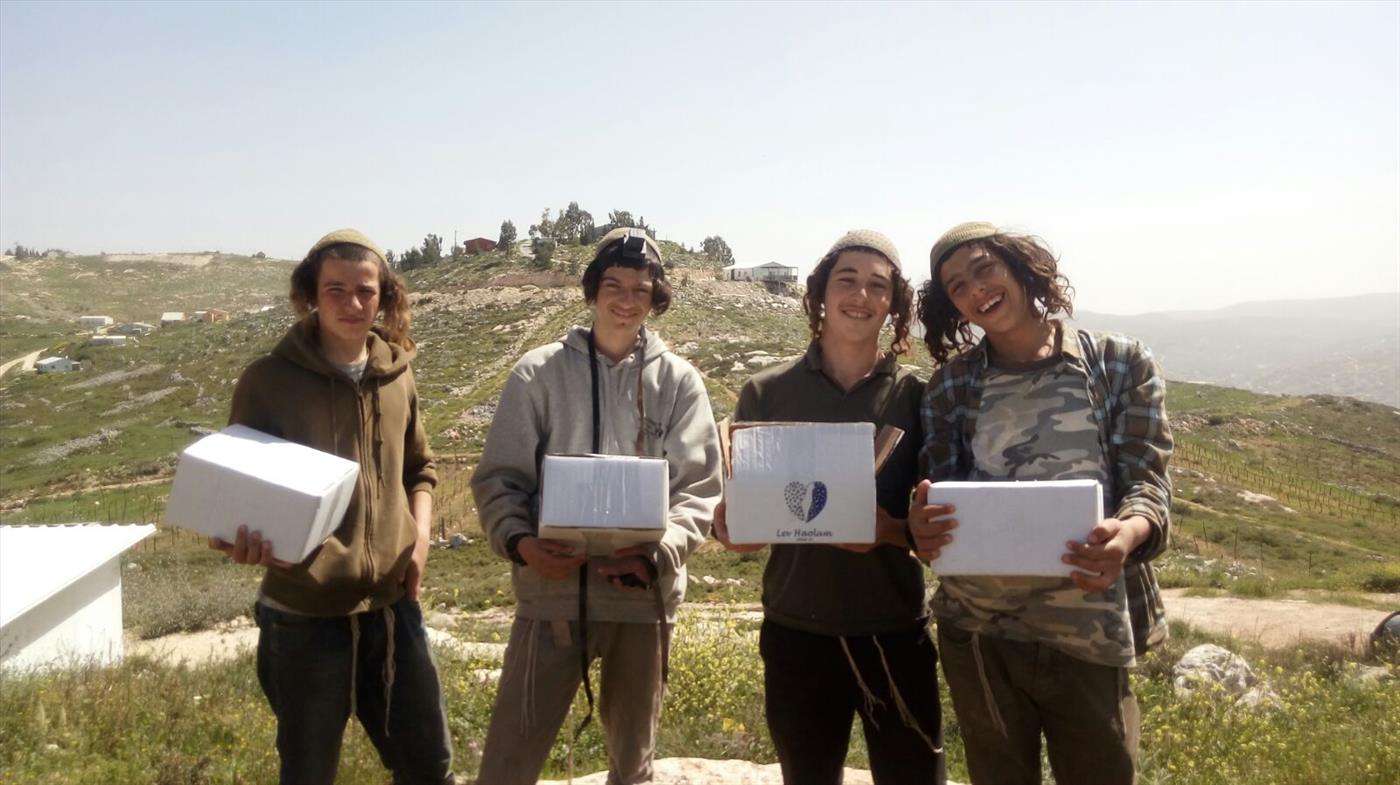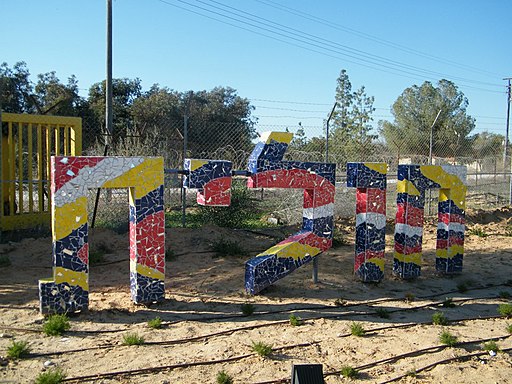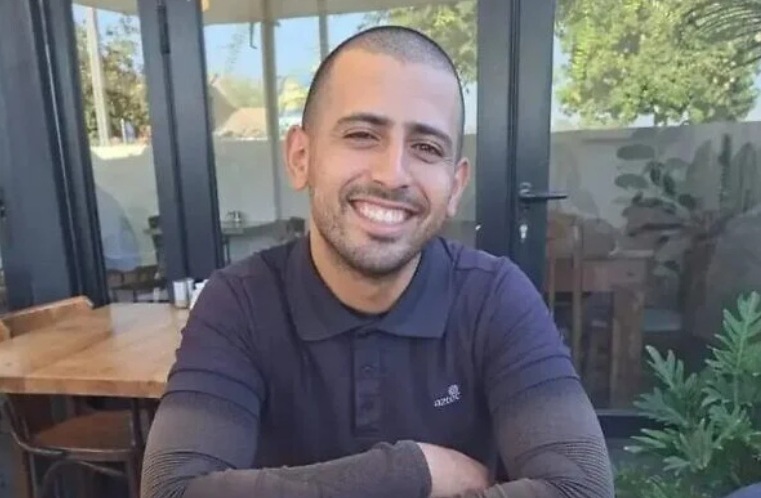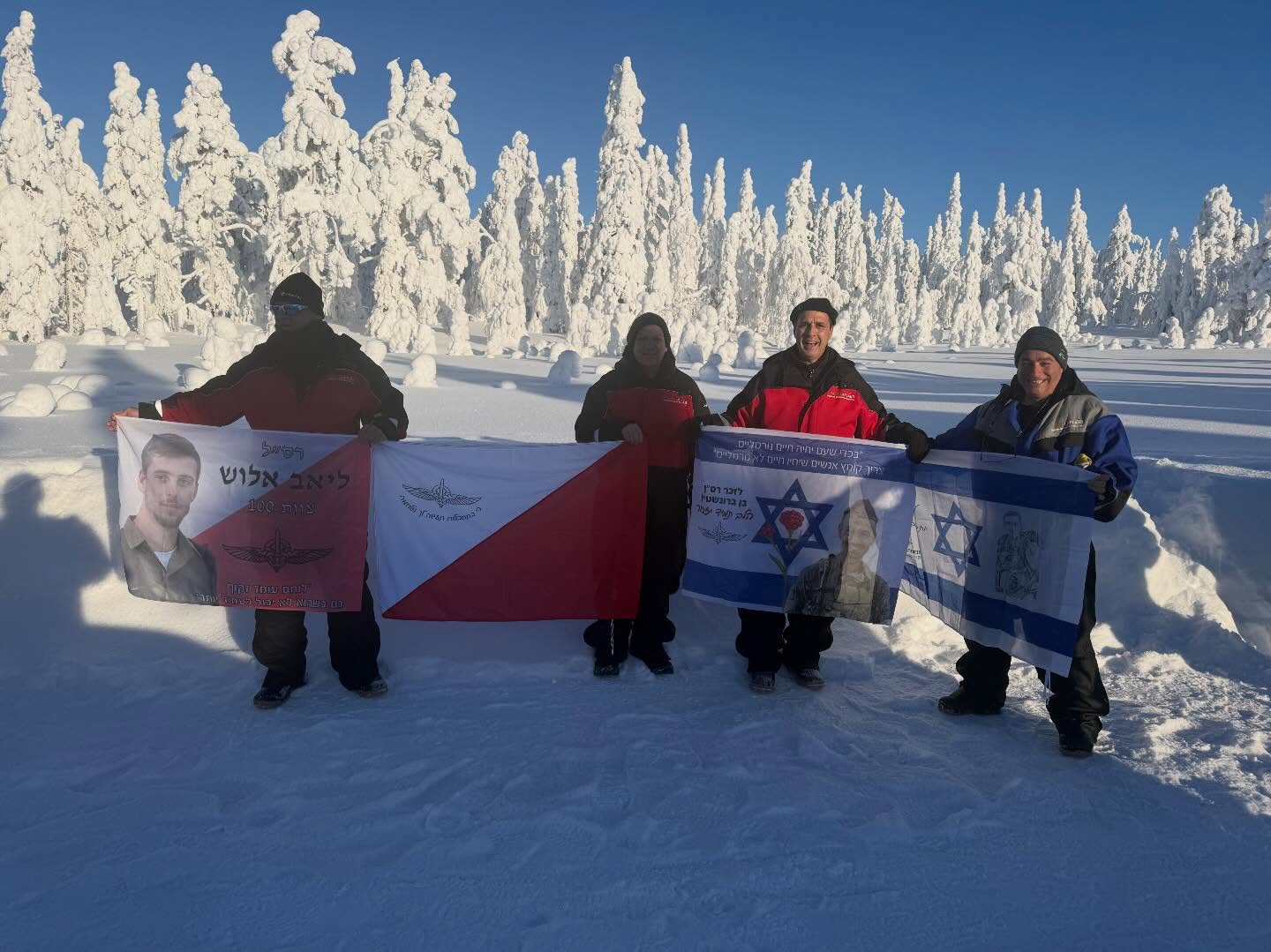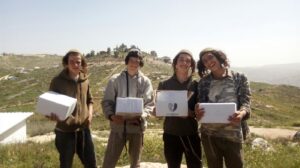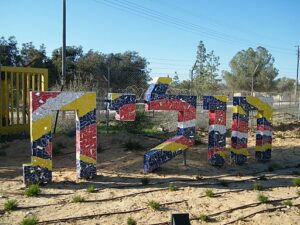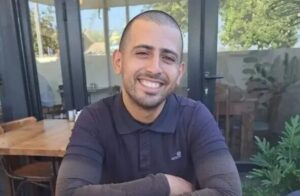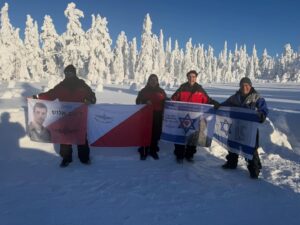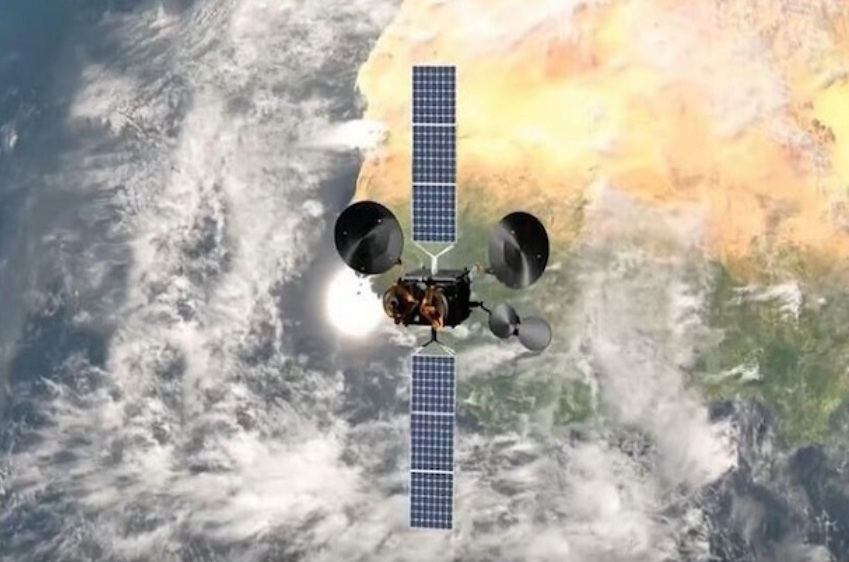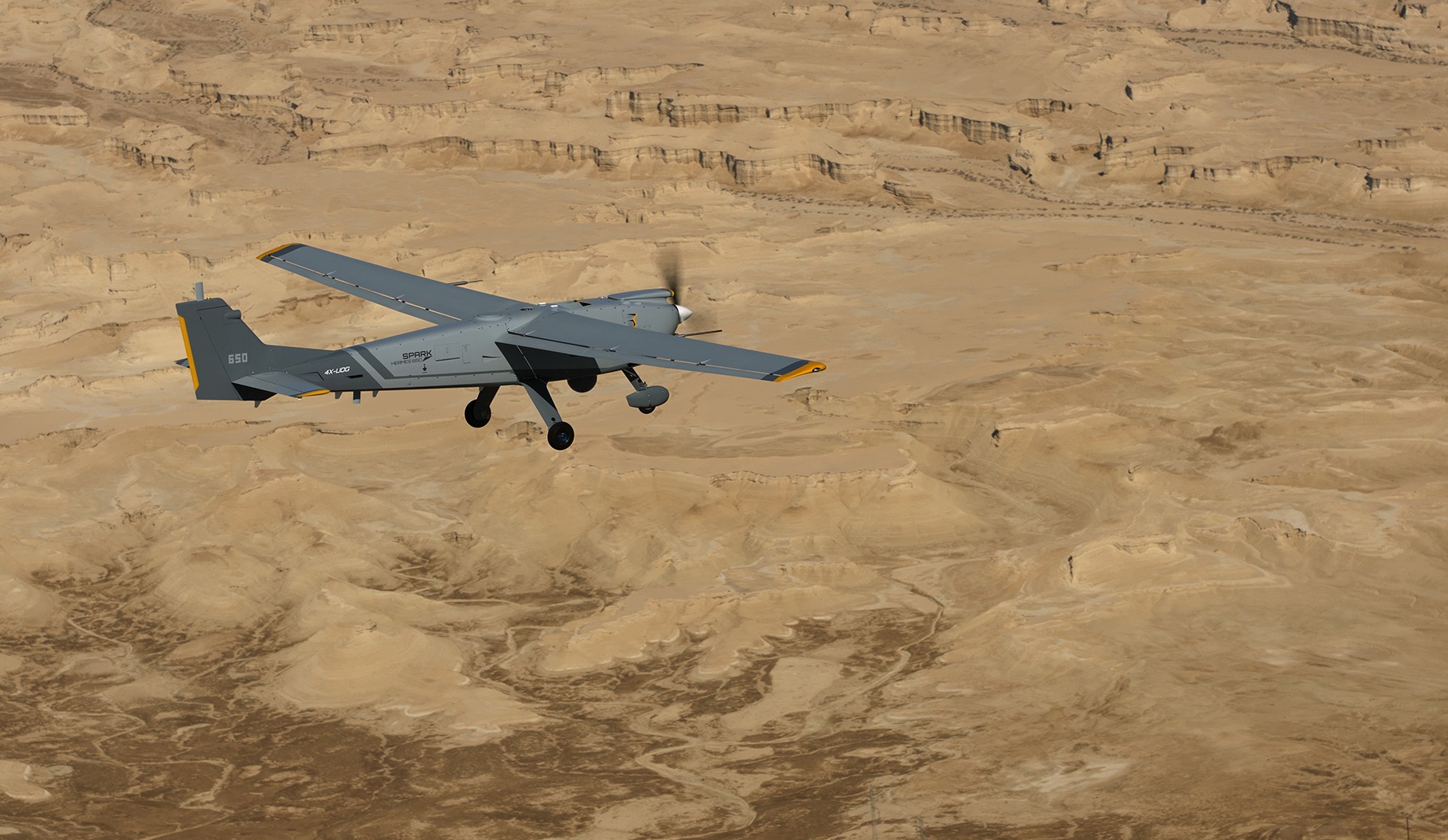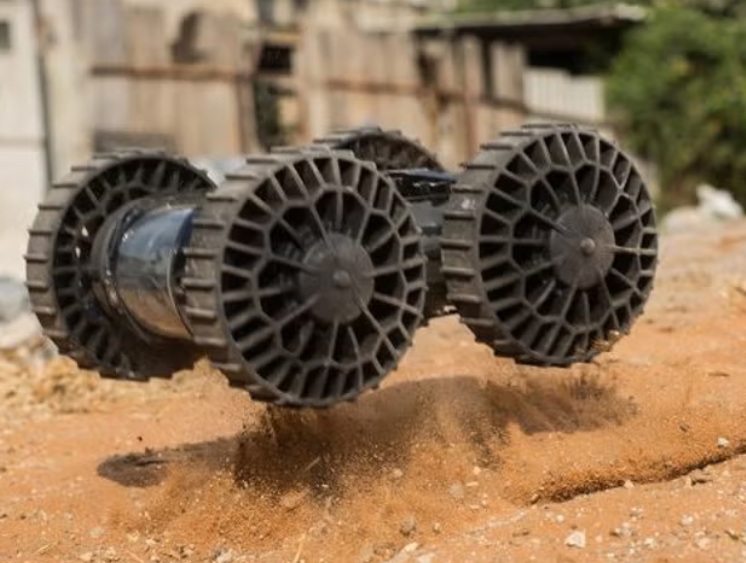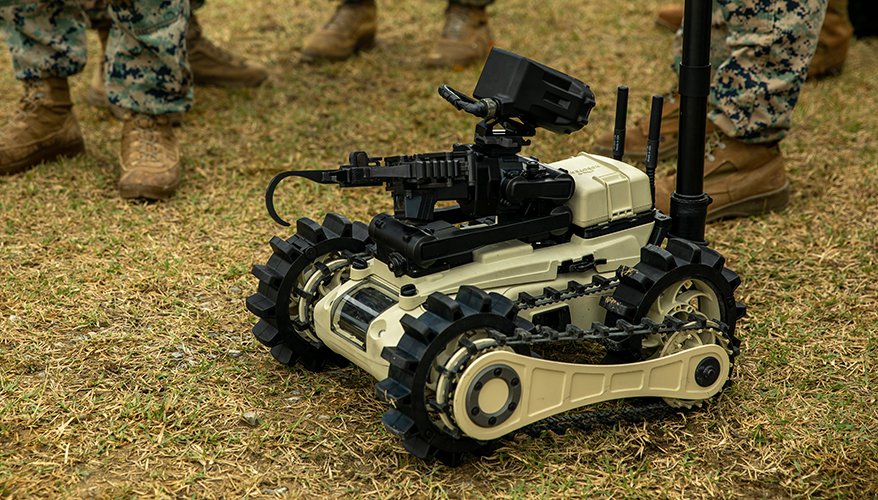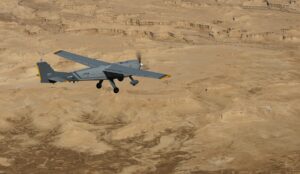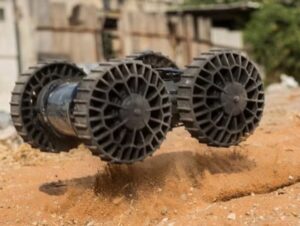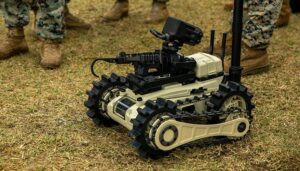Ach Gadol operates a system of personal, one-on-one accompaniment for lone soldiers, based on a model where every volunteer is a former lone soldier themselves.
By Yaakov Lappin, JNS
When a 19-year-old lone soldier from New York was shot at point-blank range by a terrorist in northern Gaza in June, his older brother stepped in to guide him through the ordeal.
D., 24, was not just N.’s biological brother; he was also a former lone soldier in the Israel Defense Forces and a volunteer “mentor” with Ach Gadol (“Big Brother”), an Israeli organization that pairs former lone soldiers with those currently serving.
In the chaotic days that followed, N. was hospitalized in the Intensive Care Unit of Soroka Medical Center in Beersheva, as Iranian missiles rained down on the Jewish state, with one of the missiles directly striking the hospital in southern Israel.
D. found that his training and identity as a “big brother” gave him a toolbox to navigate the crisis, enabling him to become an organized and effective caregiver for his wounded sibling.
He also serves as an older brother volunteer/mentor for two other lone soldiers.
Ach Gadol operates a system of personal, one-on-one accompaniment for lone soldiers, based on a model where every volunteer is a former lone soldier themselves.
The organization, which has been awarded the Medal of the President of Israel, believes that by sharing their experience, these mentors can serve as role models and a surrogate family for the next generation of lone soldiers.
In an interview with JNS, D. recounted his journey. “I drafted in 2019 through Machal (a program for Jewish youth from abroad for joining the IDF) and Ach Gadol reached out to me.
“They found me,” he said. “I signed up and I met someone who was volunteering there and he was very warm and welcoming.”
That volunteer became his “Ach Gadol,” his mentor and big brother, throughout his entire service.
“We were very, very close. We’re still in touch and very close. He helped me with so many things. He helped me figure out my living situation,” D. said. “He helped me figure out the whole army process.”
As D. was going through tryouts for various elite units, his mentor, who had served in a similar unit, was able to provide invaluable guidance.
“He was able to really help me navigate and understand different units, the interview process, and how to work on interviews. He helped me with all of it, which was a huge, huge help and a big part of how I was able to get to the unit I got into, in terms of preparing myself mentally,” D. said.
The support did not end when his service did. “It’s not only for when you’re in your service, but even when you get out. He helped me navigate the next step, like applying to scholarships and applying to schools,” he recalled.
The experience was so profound that D. knew he had to give back. He completed his military service in August 2023 and immediately signed up to become a mentor.
“It was something that helped me tremendously in my service, so when I finished, I knew I was going to come back and pay it forward,” he said.
Just under a year later, that commitment would be tested in the most personal and challenging way imaginable. His younger brother, N., who had also made aliyah from New York to serve, was finishing his own combat service.
“My brother was a week away from finishing his service [in Gaza] and he went in one last time with his guys. He didn’t have to go in but he decided to finish off strong with the other guys,” D. said.
“In northern Gaza, they had a face-to-face interaction with a terrorist. He came out of a tunnel from their blindside and shot them from point-blank range.”
N. was severely injured and evacuated in critical condition to Soroka Medical Center in Beersheba in June 2025. The crisis was compounded by the broader strategic situation.
“He was in the hospital for a few days in Soroka before it got hit by a missile from Iran,” D. said. “He still can’t walk. He’s just gotten out of the ICU and the building next to him gets hit and chaos breaks out.”
N. was transferred to another hospital, which, like all others during that period of intense war with Iran, had moved its operations underground.
Complicating matters further, their family, including their mother, was stuck in New York, unable to reach Israel as airports were closed. It was just D. and his sister.
D. was at his brother’s side every day, sleeping in the hospital every night and coordinating with the doctors. He said that his role as an Ach Gadol mentor helped him cope and function.
“It also sort of helped me, just knowing, ‘OK, I’m an Ach Gadol.’ I know that I had a role to fulfill as a big brother,” he explained.
“It sort of helped me get into this headspace of, ‘Alright, this is how I’m supposed to be acting right now. This is what an Ach Gadol is supposed to be doing.’ It helped me navigate everything.”
“As his brother, I knew I had to be there, but as an Ach Gadol, it also helped me understand, okay, you need to be a mentor for him, and you also need to now actually be there for him in terms of taking care of all the bureaucratic things, taking care of anything he could possibly need. That’s what I did as an Ach Gadol and now it was translating into a real-life situation with my younger brother,” D recalled.
N. is now slowly recovering but has a long road ahead. “He’s starting to walk, starting to move around, starting to feel a little bit better,” D. said.
With approximately 500 volunteers mentoring around 1,500 soldiers each year, the relationships are deeply personal. Mentors are expected to speak with their soldiers weekly and meet at least once a month, often for a meal sponsored by the organization.
“It’s really a relationship,” D. stressed. “It’s not just another organization trying to see if you need help contacting this government office. It’s more on a personal level, which is something so amazing. When I would get out of the army and speak to my ‘Ach Gadol’ and tell him about all these different problems, it felt like I was taking a huge load off my shoulders.”
He added, poignantly, “Someone was there. Someone was able to see me and understand exactly what I was going through. I think that was something that was extremely, extremely helpful for me throughout my service.”


